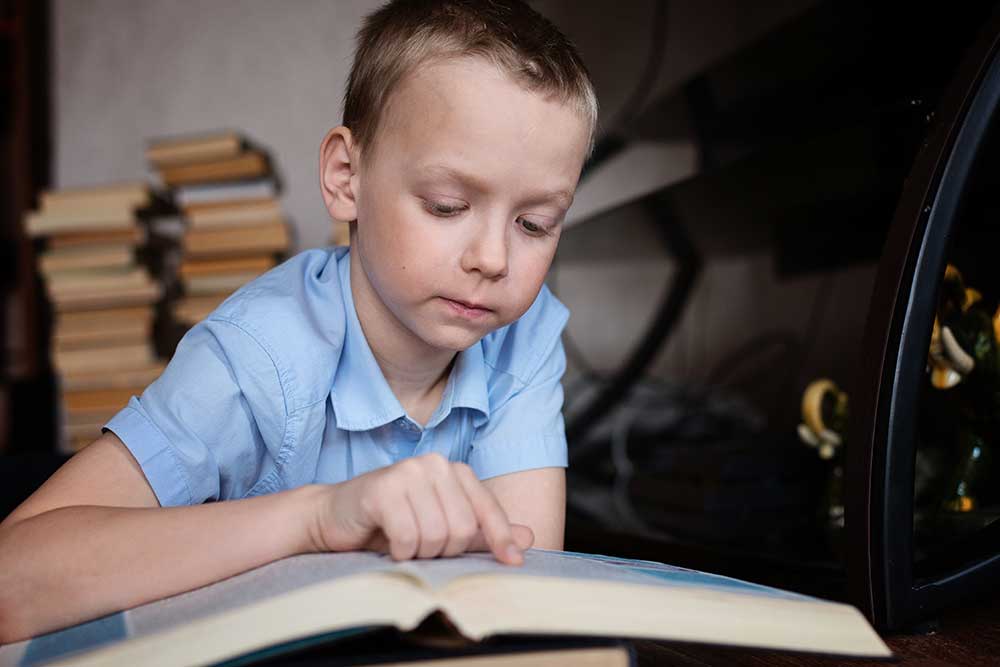When it comes to a child’s cognitive, social, and emotional development, the early years of life are crucial. One-on-one tutoring can offer an additional layer of assistance that could significantly impact a child’s life, especially during the formative kindergarten years, even though parents and conventional educational settings play a critical role in fostering these qualities. Tutoring has been proved to improve a child’s confidence in addition to their academic abilities, laying a solid basis for their future learning experiences. We will examine how and why it is important to think about tutoring for kindergarteners below.
1. Individualized instruction and attention
Kindergarten classrooms can be busy places with a range of learning tempos. Although teachers try their best to meet each child’s requirements, it is not always possible to give each student individualized attention. Tutoring is helpful in this situation. A tutor can determine the unique requirements and learning preferences of a kindergartener and create custom instructional tactics. The youngster then feels more confident in their capacity to understand concepts, which by definition increases confidence.
2. A Place Where Questions Are Safe
Kindergarteners may experience anxiety or intimidation in a classroom setting due to the large number of classmates present. Some kids are afraid of being judged and are reluctant to ask inquiries or express confusion. Tutoring provides a relaxed setting where kids may express their ideas, ask questions, and admit when they don’t grasp something. This comfort in discussing their academic difficulties opens the door for successful learning and, inevitably, greater confidence.
3. Expertise in Skills
The moment a learner realizes they have mastered a skill is one of the most empowering. Kindergarteners who receive tutoring have the time and environment to frequently practice new reading, math, or even social interaction skills until they master them. The ability to overcome obstacles in academics via perseverance and hard work teaches children how to be resilient and has a substantial positive impact on their self-esteem.
4. Positive Reactions
A tutor can offer quick and detailed feedback, delivering compliments for a task well done and helpful critique for development. The child is inspired to pursue excellence by positive reinforcement. This feedback loop not only improves skill development but also significantly contributes to the kid’s confidence. A kindergartener starts to believe it when they are told they are doing well, which lays the groundwork for a positive self-image.
5. Getting Ready for Upcoming Challenges
Through tutoring, kindergarten students develop confidence that lasts far beyond their early years. They have a renewed sense of confidence in their talents and are better prepared to handle social and academic problems in the future. Their view on learning and desire to take on new challenges are typically influenced by the self-confidence they establish during these formative years, which often sets the tone for future educational experiences.
For kindergarteners, tutoring provides much more than just academic support; it also represents an investment in their general wellbeing. A child’s confidence is significantly boosted by the focused attention, safe environment for questioning, mastery of skills, positive reinforcement, and preparation for future difficulties. If you have a kindergartener, it can be worthwhile to consider tutoring as a source of both academic help and personal growth. Since confidence is one of the most important traits a child may possess, the sooner they develop it, the better prepared they will be for the road ahead.

